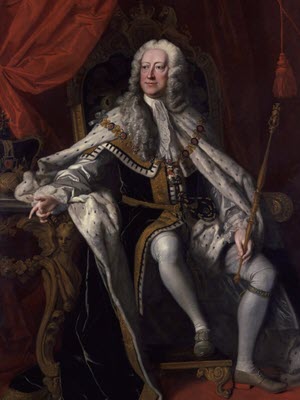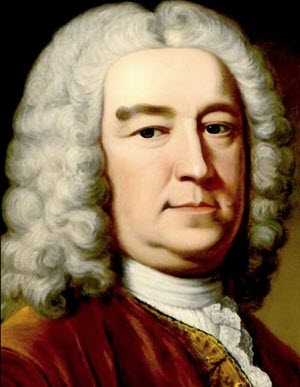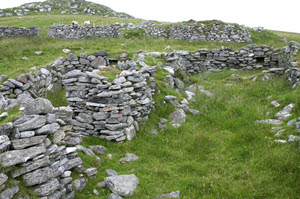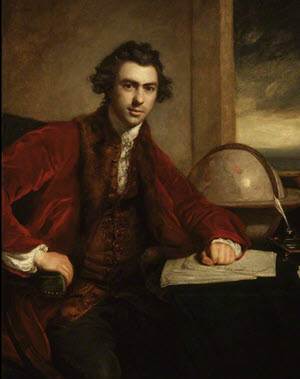| 1 | 1727 | - 11 Jun 1727—25 Oct 1760: King George II's reign

George IIexercised little control over British domestic policy, which was largely controlled by the Parliament of Great Britain. As elector, he spent twelve summers in Hanover, where he had more direct control over government policy.
During the War of the Austrian Succession, George participated at the Battle of Dettingen in 1743, and thus became the last British monarch to lead an army in battle. In 1745, supporters of the Catholic claimant to the British throne, James Francis Edward Stuart ("The Old Pretender"), led by James's son Charles Edward Stuart ("The Young Pretender" or "Bonnie Prince Charlie"), attempted and failed to depose George in the last of the Jacobite rebellions.
|
| 2 | 1743 | - 27 Aug 1743—6 Mar 1754: Henry Pelham - 3rd British Prime Minister

Henry Pelham was a British Whig statesman, who served as Prime Minister of Great Britain from 27 August 1743 until his death.
Pelham's premiership was relatively uneventful in terms of domestic affairs, although it was during his premiership that Great Britain experienced the tumult of the 1745 Jacobite uprising. In foreign affairs, Great Britain fought in several wars. Upon Pelham's death, his brother Newcastle took full control of the ministry.
|
| 3 | 1750 | - 1750: Highland Clearances begin

Highland Clearances: from the 1750s, landlords in the Scottish Highlands began to forcibly remove tenants from their land, usually to replace them with more profitable sheep farming. The clearances resulted in whole Highland communities leaving Scotland and emigrating, most of them to North America. Many others moved to growing urban industrial centres such as Glasgow
- 1750: Sir Joseph Banks born

Sir Joseph Banks was an English naturalist and botanist whose work paved the way for future-botanists. After inheriting a vast family fortune he could chase his passion, and went on to explore previously uncharted territories. He embarked on a voyage with James Cook aboard HMS Endeavour and returned with a major collection of specimens.
Banks advocated British settlement in New South Wales and colonisation of Australia, as well as the establishment of Botany Bay as a place for the reception of convicts, and advised the British government on all Australian matters. He is credited with introducing the eucalyptus, acacia, and the genus named after him, Banksia, to the Western world. Approximately 80 species of plants bear his name.
|


